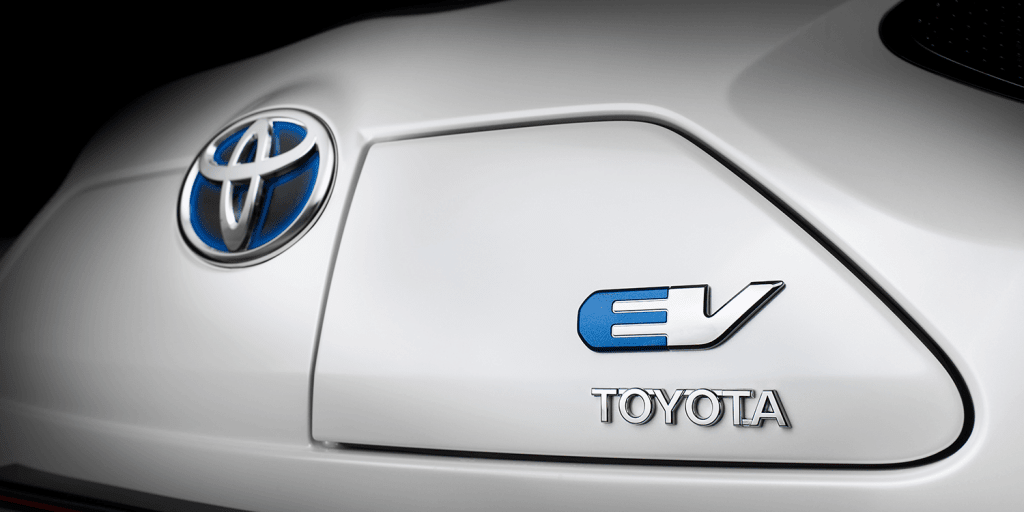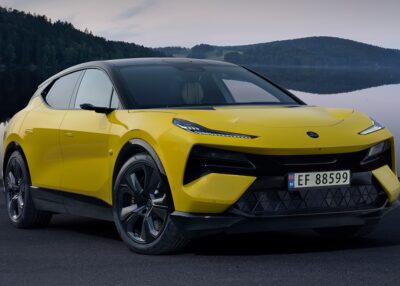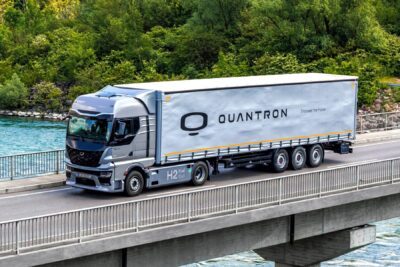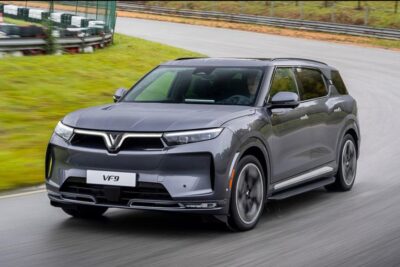Toyota speeds up battery-electric cars with CATL & BYD
Toyota has now announced that it will enter into a number of collaborations in China to accelerate the development of its electric cars by 5 years and to ensure the supply of key components such as batteries. The new partners include CATL and BYD, among others.
Back in spring, at the Shanghai Auto Show, fuel cell and hybrid specialist Toyota revealed its plans to introduce more than ten battery-electric vehicles before 2030. Now the Japanese company has pushed its targets forward five years, setting itself the target of selling 5.5 million electric vehicles by 2025.
For this, Toyota is entering strategic partnerships with Chinese battery giant CATL and electric vehicle maker BYD as well as Toshiba and battery manufacturer GS Yuasa in Japan. Toyota’s existing battery partners for hybrids will remain; the company already purchases the batteries for its hybrid vehicles from its subsidiary Primearth EV Energy, in which Panasonic has a stake. Toyota and Panasonic also plan to set up a joint venture to develop solid-state batteries by the end of 2020 and want to present a solid state battery for the Olympic Games in Tokyo next year.
Toyota’s new strategic cooperation with CATL will involve the provision of battery cells, although, as yet, neither company has specified the scope of this supply. The two companies will also be focussing on further developing battery quality, the adoption of common standards and the recycling of batteries. CATL has brought in a number of very lucrative orders recently with most major carmakers such as VW, BMW, Daimler, Volvo, Hyundai and Honda, as well as Nissan and Renault expecting supply.
Toyota will continue its hybrid focus as well as its fuel cell technology but is now responding to demand for BEVs i.e: adequately catering to the world’s largest EV market in China. The Japanese company will also be aiming to produce electrified versions of all currently available models by 2025 in addition to targeting both very small electric cars and micro-mobility.
Toyota is positioning its electric models on different fronts: the iWalk series of micro-mobility for pedestrian zones, the iRide models, comprising of three ultra-compact vehicles for city areas, as well as nine more electric models: Two of these, the C-HR and the Izoa, were presented in April at the Auto Shanghai with few technical details. Both of these BEVs should be offered to consumers in 2020. A third all-electric car, the Rhombus, was presented as a concept EV. Furthermore, Toyota plans to release six new BEV models based on the new e-TNGA platform. In addition to a crossover, this should also include a larger SUV, a sedan and a van. Toyota’s website also shows a shuttle bus concept called the e-Pallette.
This week, Toyota announced that it is working with Subaru on a platform for electric cars. The first product of their platform collaboration with be a battery-electric SUV.
Overall, Toyota targets to sell 5.5 million electrified vehicles by 2025, also by tapping into CATL’s manufacturing power in China. The company projected that 4.5 million of these sales will be accounted for by hybrids and plug-in hybrids, the remainder by fuel cell cars and purely battery electric cars.





1 Comment